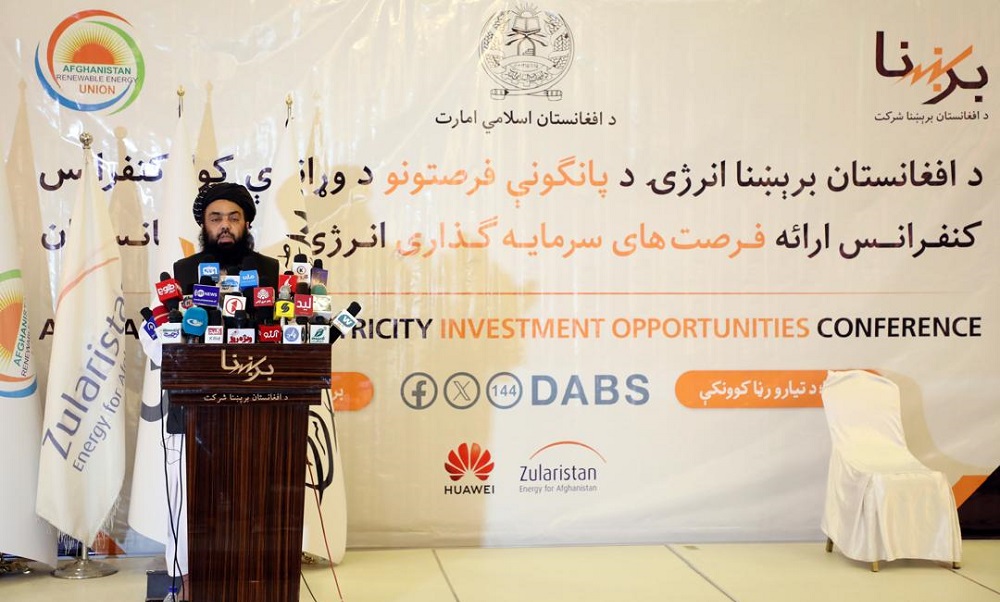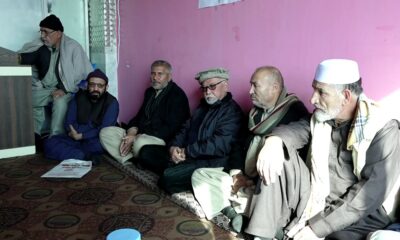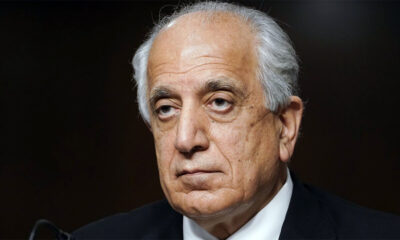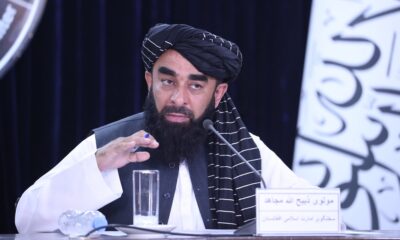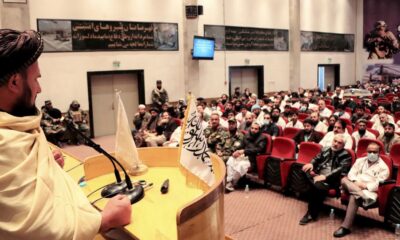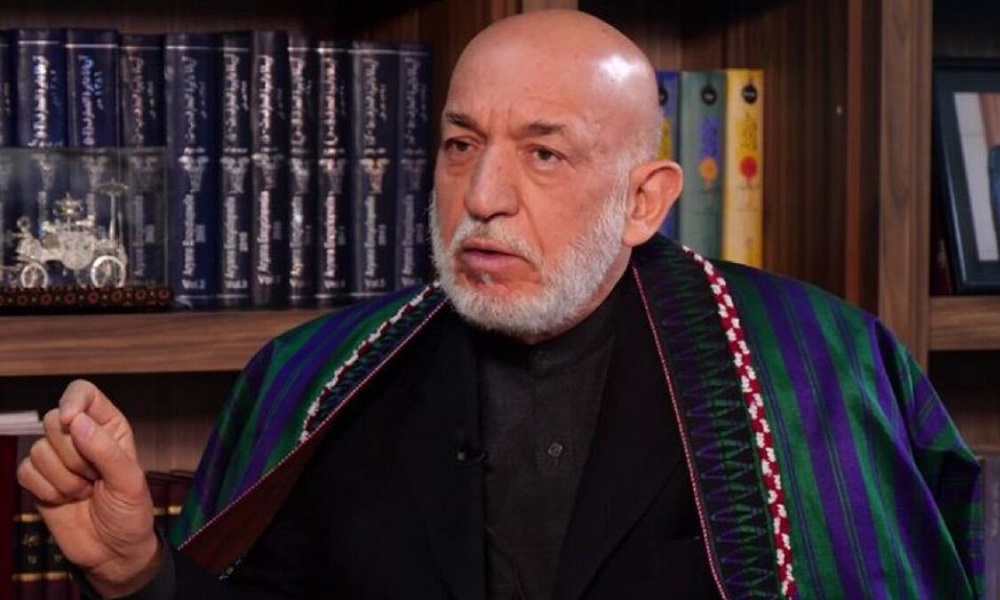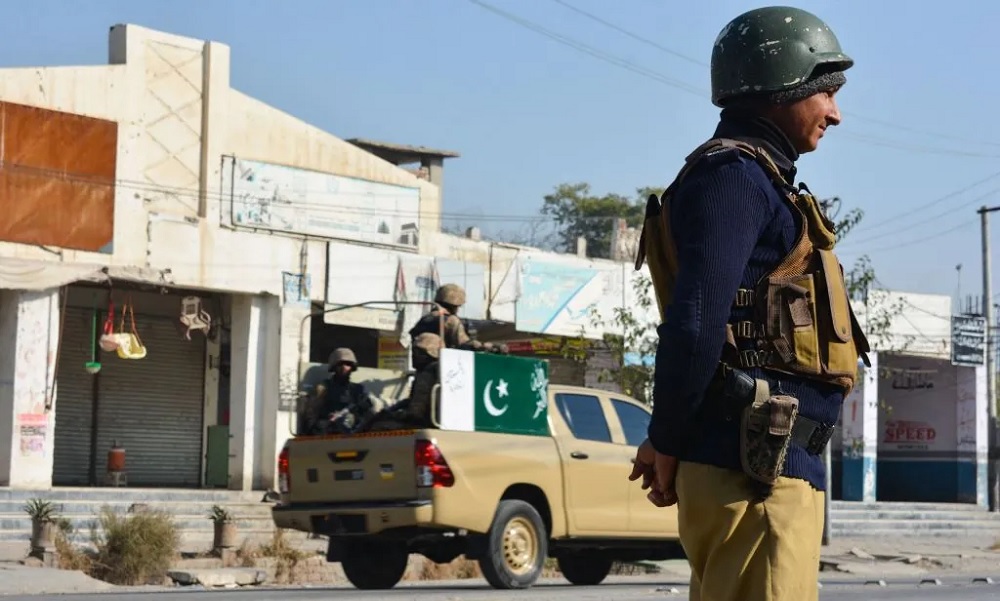Mawlawi Abdul Kabir, deputy prime minister for political affairs, said on Monday Afghanistan had the potential to become an electricity exporter, but it still imports its power.
He made the remarks at a conference on Afghanistan's electricity investment opportunities.
"Afghanistan has great potential to generate electricity," he said. “This conference will introduce opportunities for domestic and foreign investors. I hope this conference will prove to be important for attracting investment in the energy sector. For a war-torn country like Afghanistan, it is important to use its resources to strengthen the economy, produce energy and become self-sufficient. Afghanistan can become an energy producer and exporter in the region by using its resources.”
Meanwhile, the head of Da Afghanistan Breshna Sherkat (DABS), Abdul Bari Omar, said that Afghanistan has the capacity for investment of up to $5 billion in the electricity sector and they are trying to provide more facilities to the people.
He called on the international community not to politicize the issue of electricity and continue its assistance in the fight against climate change.
"There are many problems in the grids, substations, junctions and transmission lines," he said. “People should know that we did not inherit a system from the previous administration that is sound. The transmission line from Tajikistan and Uzbekistan is very weak, not having enough capacity to transmit the required electricity. Our technical waste of electricity is 13 percent. The Islamic Emirate has reduced technical losses by up to five percent.”
According to Omar, strongmen and politicians of the former government owe 2 billion Afghanis to DABS.
Meanwhile, Acting Minister of Industry and Commerce Nooruddin Azizi said that manufacturing companies are suffering from a shortage of electricity.
"In the near future, we will have 800 companies requesting land in the capital," Azizi said. “We need 50 to 100 MW of electricity for each company.”
Acting Minister of Information and Culture Khairullah Khairkhah also highlighted the role of the media in reflecting the country's prosperity and progress.
At the conference, DABS officials said that in addition to repairing the grids, they need to repair the electricity meters, and more than 500,000 meters are still not included in the system.

